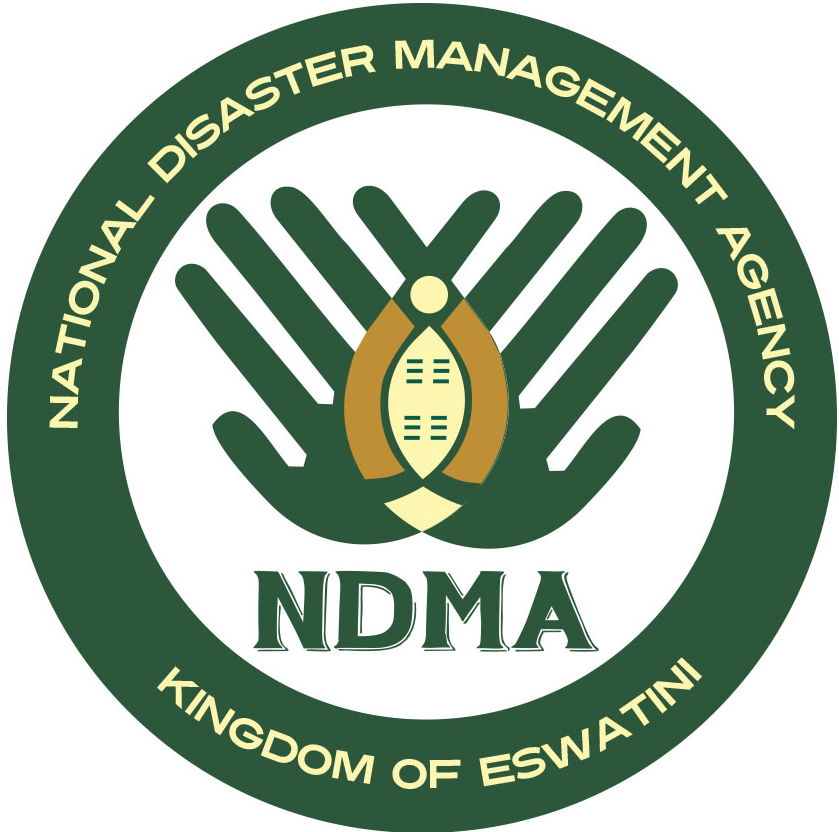- Contacts Us
- (+268) 2409 5500
- info@ndma.org.sz
“Cash Based Transfers making a difference for us” – says beneficiaries
….. over 18 605 households have benefitted from CBT to put food on the table
The Cash Based Transfer (CBT) project is complementing the national effort in cushioning the socio-economic impacts stemming from the Covid-19 pandemic. To date, just over 18 605 households have benefited from the project since October last year.
The project is funded by the Kirsh Foundation to the tune of E72 million and administered by National Disaster Management Agency (NDMA). The objective is to assist the vulnerable populace in the area of food security due to Covid-19 effects. The cash is distributed in six phases, approximately E12million per disbursement.
Through the project, Siphiwe Mamba (62) from Mconcwane-Lubulini in Lubombo region, has been afforded much needed sustenance in a time of dire need for her family. Through the E700 payouts she has received in five cycles, she has managed to always secure basic food items like mealie-meal, cooking oil and beans to feed her family of five, which includes 2 grandchildren.
World Vision Taiwan and the Republic of Serbia donates Food Commodities to the Government of Eswatini.
Today we received a donation of 1000 metric tons of rice from World Vision Taiwan, through their offices in Eswatini. The total value of the rice is US$1 336 000 which is equivalent to E20 574 400.00. The consignment will reach 33 334 beneficiaries from 6 667 households, and is expected to last for three months.
In another development, the Republic of Serbia also donated food commodities, including 400X25kg bags of flour, 12 496X400g of dough/pasta, 100X50kg packs of salt, 5 000X1kg bags of sugar and 9 999X 1 litre cooking oil. Total value of the donation is EUR 22 908,95 equivalent to E381 663.11. The food commodities will benefit the most vulnerable people in the country, including orphans and vulnerable children from fifteen constituencies, mainly Lubombo and Shiselweni. The food commodities will reach about 24 000 people from 4 000 households.
IBSA Funded Water and Sanitation Project Launch at Mountain Inn Mbabane
We have launched a project funded through the India, Brazil and South Africa (IBSA) partnership that will enable 3 000 people from rural communities to access clean water for improved sanitation and hygiene. The project titled “Addressing Water, Health and Poverty Nexus through WASH initiatives for Covid-19 and Climate Change Responses in Eswatini” aims to address the challenges brought by the interlinkages between health, water, environment, disaster risk and climate change.
The project was initiated by NDMA and supported by WaterAid. The projects overall goal is to improve health and the well-being of emaSwati as well as contribute towards poverty reduction in the country by enhancing Water, Sanitation and Hygiene practices in both urban and rural areas. About 600 farming households from three regions, Hhohho, Manzini and Lubombo will improve their production by adopting rainwater harvesting to irrigate backyard gardens and climate-smart agriculture technologies
NDMA Pioneering Use of Unmanned Ariel Vehicles (UAV) for Agriculture Sector
The agency hosted a Stakeholder Training session on the use of Unmanned Aerial Vehicles (UAV) and Remote Sensing (RS) technologies at the Hilton Hotel. The main objective of the training was to support vulnerability assessments and climate resilience in the agricultural s e c t o r , as well as strengthen the capacity of national entities . Stakeholders who attended the training included the Ministry of Agriculture, Department of Water Affairs, the University of Eswatini (UNESWA) and the Eswatini Meteorological Service.
The training was hosted with financial and technical support from the United Nations Framework Convention on Climate Change (UNFCCC) in collaboration with the Climate Technology Centre and Network (CTCN). Furthermore, experts from the Regional Centre for Mapping of Resources for Development (RCMRD) from Nairobi, Kenya were also roped in. One of the experts, Michael Osenga, stated that their mission is building NDMA’s capacity together with stakeholders on the use of mapping drones for crop monitoring.

